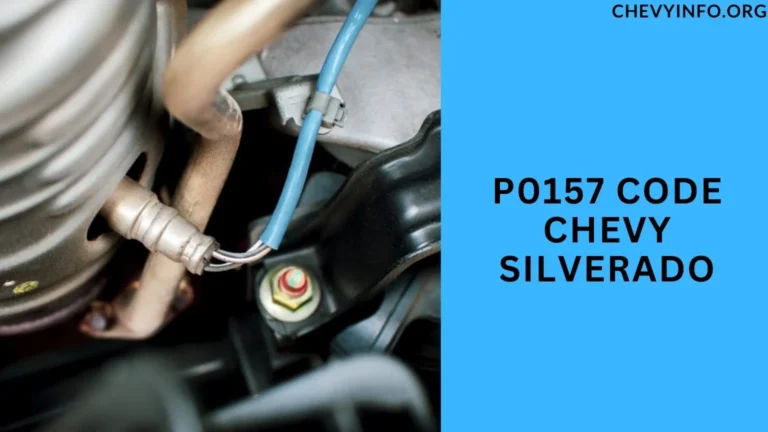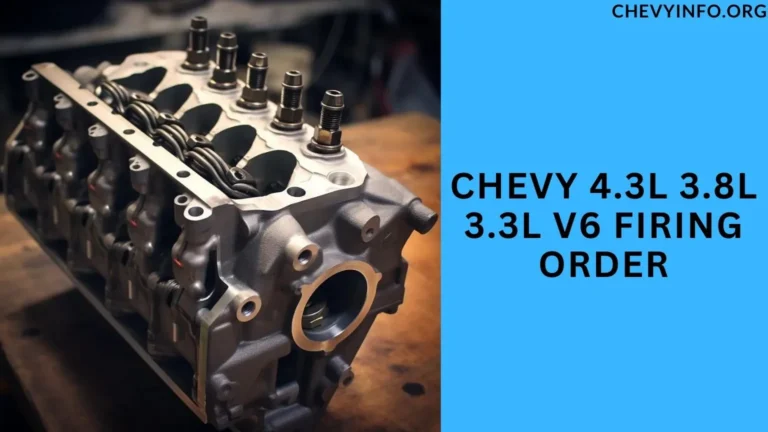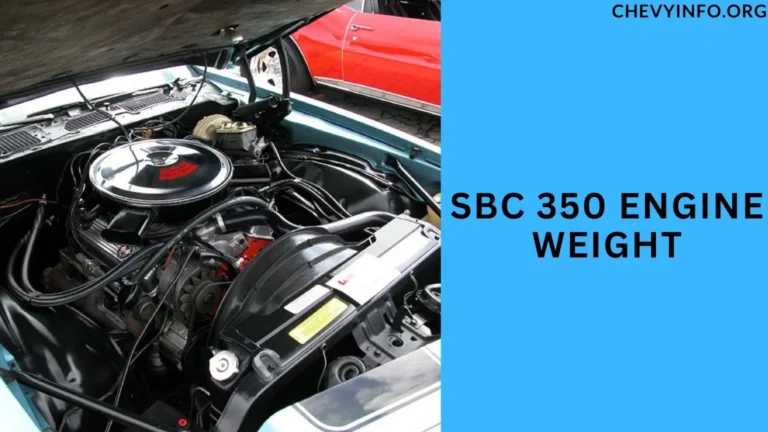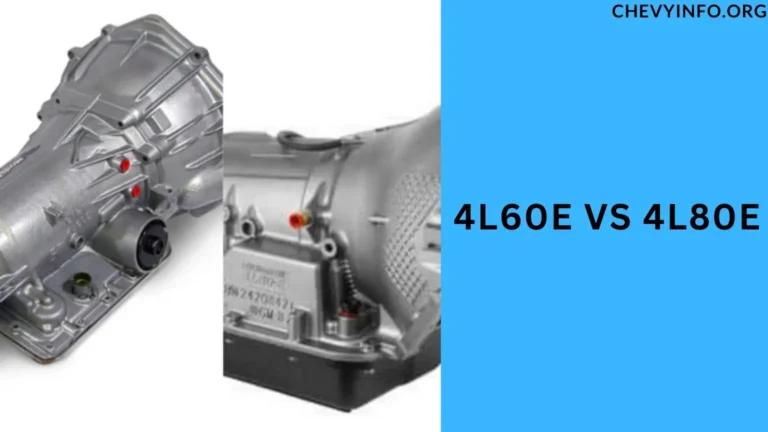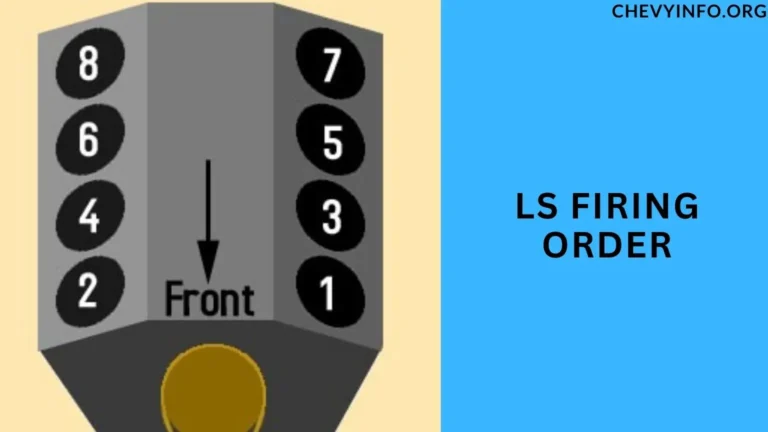Chevy Engine Power Reduced (Mean, Causes & Fix) of 2024
Chevy vehicles are known for their powerful engines and reliable performance. However, encountering reduced engine power can be a frustrating experience for any Chevy owner.
Chevy Engine Power Reduced, In this article, we’ll explore the common causes of Chevy engine power reduction, symptoms to watch out for, steps to diagnose the issue, DIY fixes, and when to seek professional assistance.
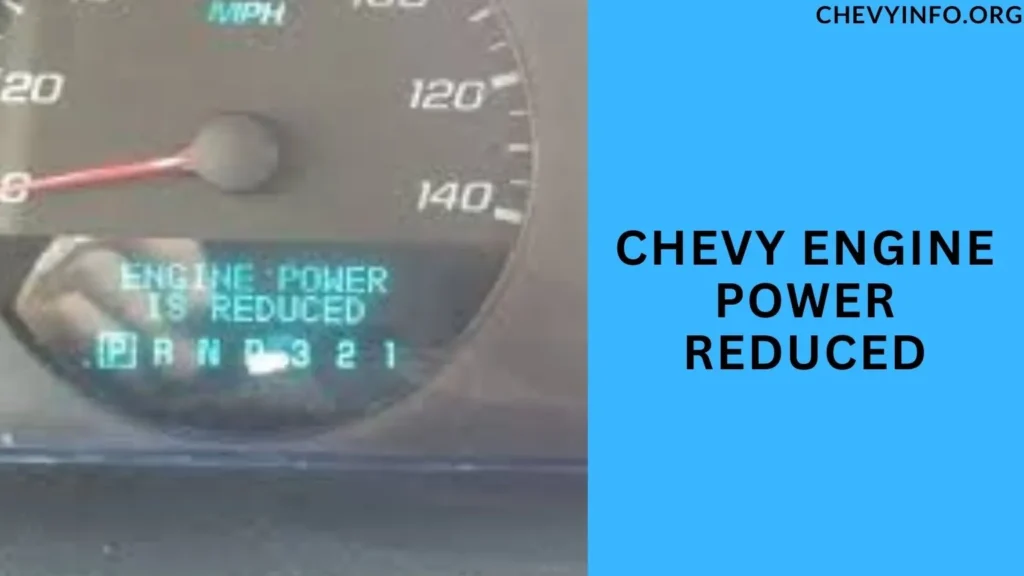
Introduction to Chevy Engine Power Reduction
Chevy vehicles are equipped with advanced engine systems designed to deliver optimal power and efficiency. However, various factors can lead to a reduction in engine power, impacting the vehicle’s performance and drivability.
Common Causes of Chevy Engine Power Reduced
Common causes of Chevy engine power reduction include:
Fuel System Issues
One of the primary causes of reduced engine power in Chevy vehicles is fuel system-related problems.
This can include issues with the fuel pump, fuel injectors, fuel filter, or fuel pressure regulator. Insufficient fuel delivery or fuel contamination can lead to engine power loss.
Electrical Problems
Electrical issues such as faulty sensors, wiring harness problems, or a malfunctioning electronic control module (ECM) can disrupt the engine’s performance.
Erroneous sensor readings or electrical shorts can trigger reduced engine power mode as a safety precaution.
Mechanical Failures
Mechanical failures within the engine, such as worn-out piston rings, damaged valves, or a failing turbocharger, can result in reduced power output. Internal engine components that are not functioning correctly can affect combustion efficiency and overall engine performance.
Engine Management System Errors
Errors or glitches in the engine management system can also contribute to engine power reduction.
This may include issues with the throttle position sensor, mass airflow sensor, or oxygen sensors, causing the ECM to limit engine power to prevent further damage.
Symptoms of Reduced Engine Power in a Chevy Vehicle
When experiencing engine power reduction in a Chevy vehicle, drivers may notice the following symptoms:
- Loss of acceleration and overall power
- Illumination of the Check Engine Light (CEL) or Reduced Engine Power warning
- Rough idling or engine stalling
- Limited vehicle speed and responsiveness
Steps to Diagnose Chevy Engine Power Reduction
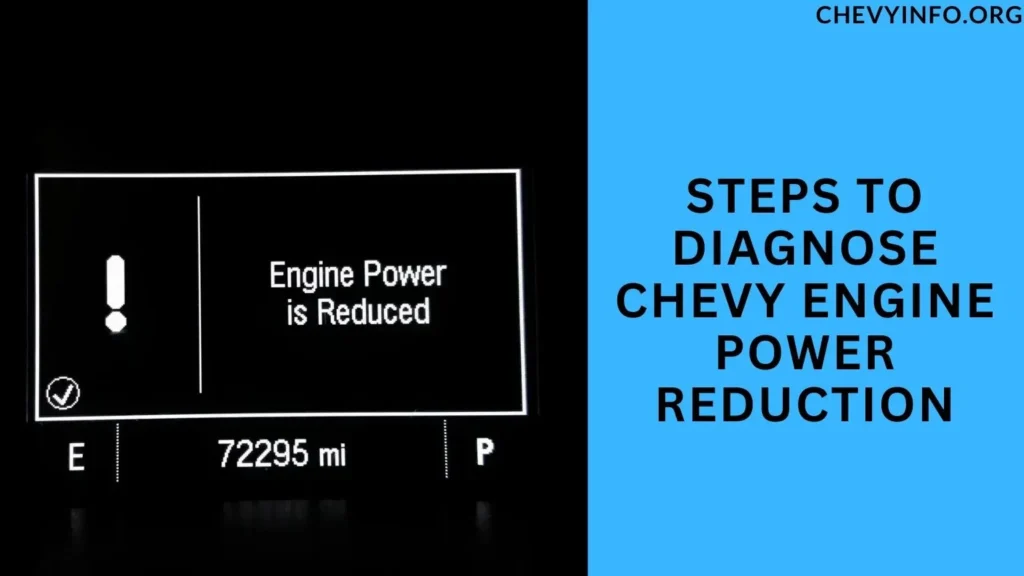
If you suspect your Chevy vehicle is experiencing reduced engine power, follow these steps to diagnose the issue:
Check Engine Light
The first step is to check for any illuminated warning lights on the instrument cluster, such as the Check Engine Light or Reduced Engine Power indicator.
Scan for Diagnostic Trouble Codes (DTCs)
Use a diagnostic scanner to retrieve any stored Diagnostic Trouble Codes (DTCs) from the vehicle’s ECM. These codes can provide valuable insights into the specific problem areas.
Inspect Fuel System Components
Inspect the fuel system components for any signs of damage, leaks, or contamination. Check fuel pressure, injector operation, and fuel quality.
Test Electrical Connections and Sensors
Check all electrical connections, wiring harnesses, and sensors related to the engine management system. Ensure proper voltage and continuity.
Examine Mechanical Components
Perform a thorough inspection of mechanical components such as the air intake system, exhaust system, and engine internals. Look for any wear or damage that could affect engine performance.
Review Engine Management System Data
Use an advanced diagnostic tool to review live data from the engine management system. Monitor sensor readings, fuel trims, and system parameters to pinpoint potential issues.
DIY Fixes for Chevy Engine Power Reduction
In some cases, you may be able to address engine power reduction issues with DIY fixes. Here are some common solutions:
Clean or Replace the Air Filter
A clogged or dirty air filter can restrict airflow to the engine, leading to reduced power. Inspect the air filter and replace it if necessary.
Check and Replace Spark Plugs
Worn or fouled spark plugs can cause misfires and reduced engine performance. Check the condition of the spark plugs and replace them if needed.
Inspect and Clean the Throttle Body
A dirty throttle body can disrupt airflow and affect throttle response. Clean the throttle body and throttle plate to restore proper operation.
Address Fuel Pump or Injector Issues
If fuel delivery is compromised due to a faulty fuel pump or injectors, replace these components to restore engine power.
Test and Replace Faulty Sensors
Faulty sensors such as the oxygen sensor or throttle position sensor can trigger reduced engine power mode. Test and replace any malfunctioning sensors.
Update Engine Control Module Software
In some cases, updating the engine control module (ECM) software can resolve performance issues and improve engine power output.
When to Seek Professional Help for Chevy Engine Power Issues
If DIY fixes do not resolve the engine power reduction issue, or if you are unsure about performing complex diagnostics and repairs, it’s best to seek professional help.
Certified mechanics and automotive technicians have the expertise and tools to accurately diagnose and repair engine problems.
People also ask
How do you fix a reduced engine power Chevy?
To fix a reduced engine power issue in a Chevy:
Check for any warning lights or codes.
Inspect the air filter and replace if dirty.
Check and replace spark plugs if needed.it
Clean throttle body for proper airflow.
Address fuel system problems like pump or injector issues.
Test and replace faulty sensors if indicated.
Update engine control module software if necessary.
Can I drive with engine power reduced?
Driving with reduced engine power is not recommended as it can affect the vehicle’s performance and safety.
It’s advisable to address the underlying issue promptly to avoid potential complications.
What is the most common reason for reduced engine power?
The most common reason for reduced engine power is typically related to issues in the fuel system, such as fuel pump or injector problems, fuel filter issues, or fuel pressure irregularities.
What does it mean when a Chevy Silverado says reduced engine power?
When a Chevy Silverado displays a “Reduced Engine Power” message, it typically indicates that the vehicle’s
engine control module (ECM) has detected a problem affecting engine performance and has limited power output to prevent further damage.
Conclusion
Dealing with reduced engine power in a Chevy vehicle can be challenging, but understanding the common causes, symptoms, and diagnostic procedures can help you address the issue effectively.
Whether it’s a fuel system problem, electrical issue, or mechanical failure, timely intervention and proper maintenance are key to restoring optimal engine performance.
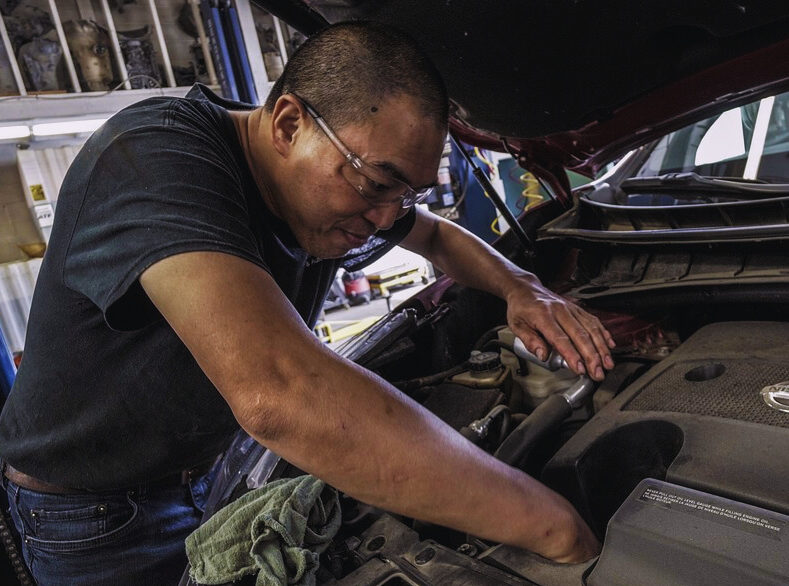
Henry Worner, a seasoned automotive expert with over 13 years of experience in car repair, maintenance, and performance enhancement, ChevyInfo.org was born out of a passion for Chevrolet vehicles. Henry’s deep-rooted love for everything Chevy has driven him to create a platform where fellow enthusiasts, car owners, and anyone interested in Chevy cars can find valuable insights, tips, and guidance.

